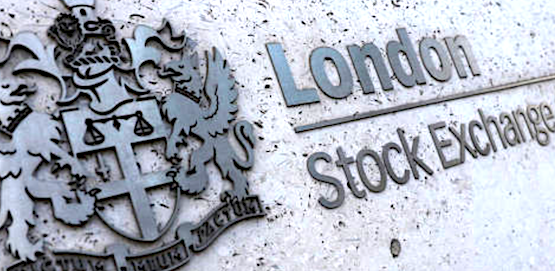Defined Benefit (DB) pension scheme members in the UK could benefit from a 5% uplift in their pension benefit if the corporate sponsor defers buy-out by five years, according to analysis by Hymans Robertson in its annual FTSE 350 DB Pension Scheme survey.
The analysis found that on average, DB pensions schemes are six years from buy-out.
Hymans Robertson, a leading pensions and financial services consultancy, looked at the impact of FTSE 350 DB schemes deferring buy-out by five years and found that it could generate an aggregate surplus of £100 billion.
“Passing two thirds of this back to sponsors would give the FTSE 350 a cash boost of £70bn, which is 20% of its annual earnings,” said Hymans Robertson.
“This would allow schemes to use the remaining third to increase member benefits by about 5%.”
This timescale has come in over 2022 with rising yields and improved insurer pricing.
However, insurer capacity, scheme readiness and the accounting settlement loss on buy-out all mean some may choose to defer buy-out leading to this generation of surpluses.
Alistair Russell-Smith, Head of Corporate DB, Hymans Robertson, said: “The estimate in our 2022 FTSE 350 report has shown that FTSE 350 schemes are, on average, now only six years away from being able to secure buy-out with an insurance company.
“For many DB schemes this will be welcome news and they will be heading on a route to buy-out that it exactly the right path for them.
“However, for some, deferring buy-out may be an option or even a necessity if there is insufficient insurer capacity to deliver these timescales, if schemes’ data or assets are not ready, or if the accounting settlement loss is not palatable.
“Delaying buy-out clearly comes with the ongoing risk exposure of a DB scheme and should not be taken lightly.
“However, there are potential benefits in terms of a cash boost for sponsors and a benefit uplift for members.”
The report found that under The Pensions Regulator’s new funding regime 45% of the FTSE 350 “should be able to comply with Fast Track without increasing cash contributions.”
However, complying with Fast Track will increase cash contributions for 55% of the FTSE 350, particularly for the 10% with schemes that are already at significant maturity and need to be fully funded on a prudent Long Term Objective basis.
